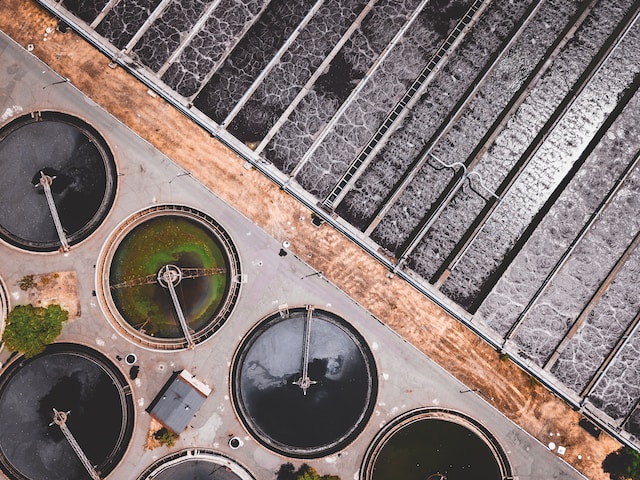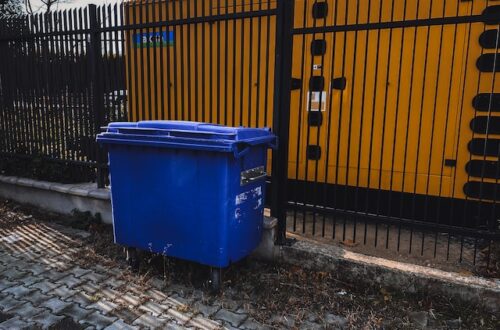
Uses and Benefits of Water Filtration Systems
Water filters can remove harmful chemicals and bacteria from fluids. They can also reduce mineral buildup like limescale and improve water’s taste. Mechanical filters physically filter out contaminants with a barrier ranging from a simple mesh that can block large debris to a ceramic filter with an extremely complex pore structure for ultra-fine filtration of pathogenic organisms.
Residential Applications
A water filter system prevents contaminants from entering your home’s drinking water at the source. It prevents water-related problems for you and your family. For example, hard minerals, chemicals and chlorine in unfiltered tap water can stick to pipes and cause damage over time. A water filtration system Tampa softens your water and prevents this buildup. When you install a whole house water filter system, you provide yourself and your family with clean drinking water, bathing water, and water for cooking and washing. It also removes the need for plastic water bottles, which is good for the environment and much cheaper in the long run.
In addition, filtered water provides many health benefits for you and your family. It is healthier for your skin and helps with nutrient absorption, weight loss, detoxification and digestion. It can also help with psoriasis and eczema by removing chemicals from your skin. Lastly, it is a lot better for your hair and nails.
Industrial Applications
Water filters can help businesses cut down on costs by catching harmful contaminants. These contaminants can be abrasive, corrosive or toxic and ingesting them can cause illnesses. They can also damage equipment, which leads to higher maintenance and repair costs. Industrial water filtration systems use different methods to filter out contaminants. One approach is through physical trapping mechanisms like carbon. Carbon is jam-packed with nooks and crannies that can capture chemical impurities. It can significantly reduce unwanted tastes and odors in water. The other method is through a process of clarification and membrane filtration. The filtration system will first bring in raw water. It can be done using either gravity or pumps. It will then have a grate to keep out any large objects. From there, the water will be clarified to remove more solids. It will also include a coagulation stage, which adds chemicals and adjusts the pH level so solids can clump together more easily.
Combo Ovens
Combi ovens are flexible kitchen appliances that cook food by steam, convection, or mix. Thanks to this, they have become one of the most adaptable modern kitchen appliances, making them perfect for various commercial settings like restaurants, care facilities, and canteens. A combi oven uses water to produce steam, and poor-quality water can cause a chemical reaction that creates limescale. The internal parts may be harmed, and your combi oven’s functionality may suffer. There are a variety of solutions that can help to prevent the buildup of limescale in your combi oven, including adjustable flow metering devices. The performance of your unit will be improved overall by installing these components on your current steam line, which will give constant steam quality. Other features offered by combo ovens include custom recipe storage, cooking programs and pre-set menus that help ensure consistently high standards of food preparation across various dishes. Some models even offer compatibility with temperature probes to ensure optimal results.
Industrial Manufacturing
Industrial manufacturing requires high-quality water for equipment and production processes. Filtration helps keep harmful contaminants from affecting equipment and reduces downtime for repairs or replacements. The filtration process typically includes using physical or chemical-based filter media like carbon, granular activated carbon or zeolite. Carbon can capture and trap chemical contaminants in the nooks and crannies of its densely packed surface area. At the same time, zeolite can remove ions from the water with its ion exchange properties. Using a filtration system for your industrial water treatment can lighten the load on downstream water treatment systems and reduce overall operating costs. It can be especially true in industries like food/beverage, pulp and paper, oil/gas, chemicals and coatings where the level of suspended solids is too high for a single treatment method. Pure filtered water also improves plant and animal life by reducing odors, enhancing taste, skin hydration, nutrient absorption, weight loss and overall health. It can even help increase yields and quality of meat/eggs for livestock and better fur growth for indoor pets.





